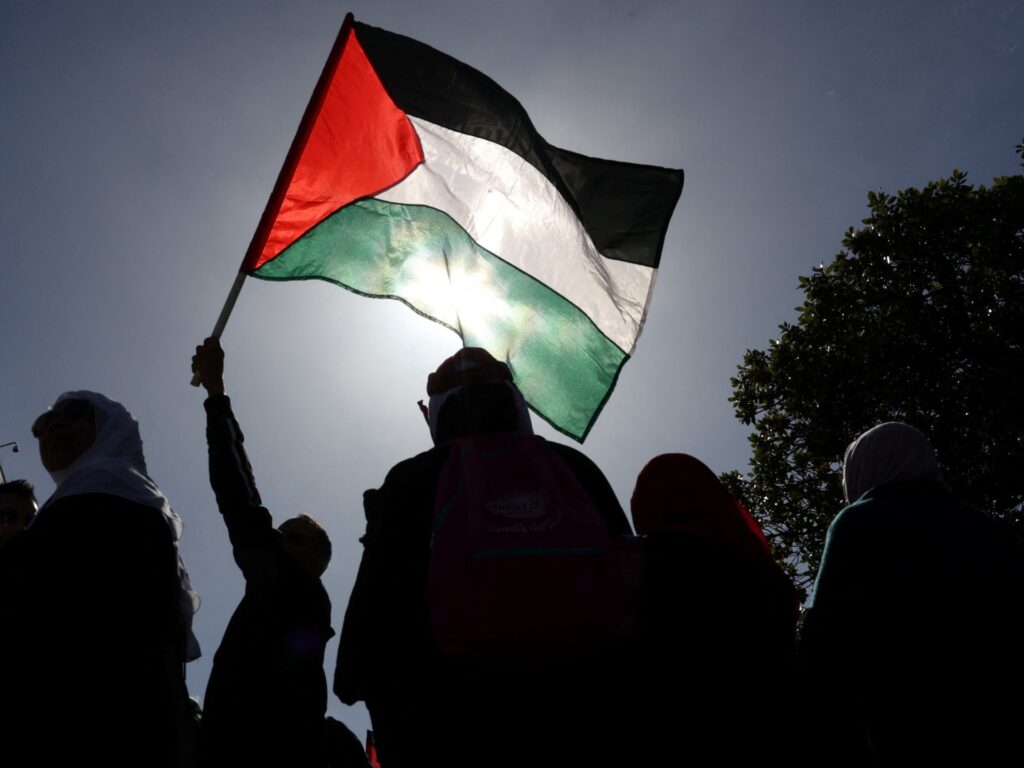
In an era characterized by shifting global alliances and international cooperation, the bonds of solidarity between Palestine and various African nations are growing stronger, reflecting a deepening relationship grounded in shared historical struggles for justice, freedom, and self-determination.
Africa and Palestine have a history of mutual support dating back to the decolonization era, with African countries being among the first to recognize the State of Palestine after it declared independence in 1988. This support has persisted over the decades, strengthening in the face of common challenges.
Recent developments suggest that the connection between Africa and Palestine is now more robust than ever, driven by shared values, challenges, and a determination to build a more just world. Key aspects of this deepening connection include:
1. United by a Common Quest for Self-Determination: Both Africa and Palestine have experienced the struggle for self-determination and independence. Africa went through a wave of decolonization in the mid-20th century, and Palestine has fought for its independence from Israeli occupation for decades. The shared experience of fighting for sovereignty has created a natural bond of empathy and solidarity.
2. Diplomatic and Political Cooperation: Palestinian diplomats have been active in African capitals, and African nations, in turn, have been active within the United Nations and other international forums in advocating for the rights and recognition of the Palestinian people. This cooperation is vital in advancing their respective causes on the global stage.
3. Economic and Development Partnerships: Economic and development cooperation between African nations and Palestine is on the rise. Projects in infrastructure, healthcare, education, and technology are helping to build stronger ties and create a more interconnected global community.
4. Cultural and Social Exchange: The connection between Palestine and Africa is not limited to the political arena. Cultural and social exchanges have played a role in building bridges between the regions, as people from different walks of life share stories, music, and art, further enriching the bonds of solidarity.
5. Human Rights Advocacy: Africa and Palestine both have human rights issues at the forefront of their struggles. African countries have consistently supported the Palestinian cause in international human rights forums, reflecting their commitment to justice and freedom.
6. Grassroots Solidarity Movements: Grassroots movements in Africa have often aligned themselves with the Palestinian cause. These movements work to raise awareness, support, and advocate for the rights of Palestinians, fostering a sense of solidarity that transcends borders.
This growing partnership between Palestine and Africa is not only significant in terms of diplomatic cooperation but also in the context of global geopolitics. It highlights the importance of nations with similar histories and struggles coming together to work toward a more equitable and just world.
In the face of current global challenges, whether they relate to political conflicts, climate change, or economic disparities, the cooperation between Palestine and African nations stands as a testament to the power of solidarity. The relationship, rooted in history and shared values, is a beacon of hope that underscores the importance of unity and cooperation among nations striving for justice and self-determination.
As this partnership continues to evolve, it is expected that Palestine and Africa will continue to stand shoulder to shoulder, strengthening the bonds of solidarity and working toward a more equitable and peaceful world for all.
